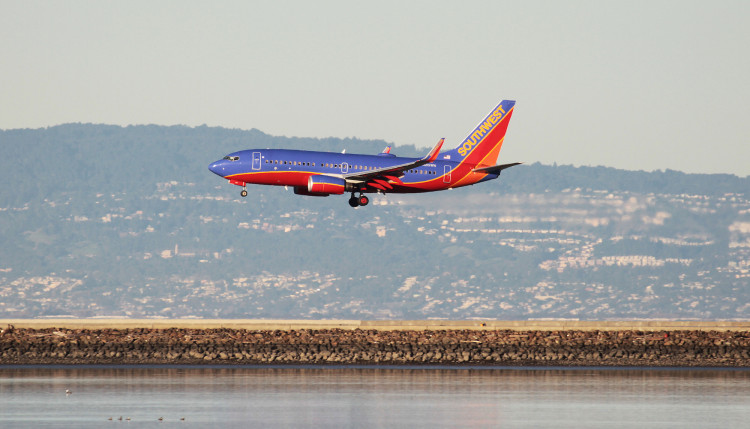Southwest Airlines, a stalwart of the low-cost carrier market, is implementing significant changes to its long-standing business model by transitioning to assigned seating and introducing premium seating options. This marks a dramatic departure from its 50-year tradition of open seating, where passengers were assigned boarding groups but chose their seats once on board. The changes aim to enhance customer satisfaction and improve profitability amid intense industry competition.
Southwest Airlines announced these transformative changes on Thursday, alongside its second-quarter financial results. The airline reported a 51% drop in profit to $370 million, despite record revenues driven by strong passenger traffic. This shift to assigned seating is expected to generate additional revenue by allowing the airline to charge a premium for certain seats, especially those with extra legroom.
"The research is clear and indicates that 80% of Southwest customers, and 86% of potential customers, prefer an assigned seat," stated Southwest in a press release. This move is seen as a strategic response to customer preferences and competitive pressures from both high-end carriers and ultra-low-cost airlines. Bob Jordan, Southwest's president and CEO, described the transition as "a transformational change that cuts across almost all aspects of the company."
In addition to assigned seating, Southwest will offer overnight "red-eye" flights for the first time, starting in February, covering routes such as Las Vegas to Baltimore and Orlando, and Los Angeles to Baltimore and Nashville. These changes aim to increase aircraft utilization and operational efficiency.
The shift comes amid a challenging environment for Southwest. The airline has faced increasing competition from major carriers like American, United, and Delta, which generate substantial revenue from premium seating. Simultaneously, it is contending with ultra-low-cost carriers like Spirit and Frontier that attract budget-conscious travelers with bare-bones fares and numerous add-ons.
Southwest's financial struggles have been exacerbated by higher labor and fuel costs, contributing to recent quarterly losses. The company reported losses in four of the last six quarters, a stark contrast to its historical profitability streak, which lasted 47 years until the pandemic-induced downturn in 2020. These financial woes have drawn scrutiny from activist investors, notably Elliott Investment Management, which acquired a $1.9 billion stake in Southwest and has been pushing for strategic changes.
The airline's operational challenges have also included a series of safety incidents that have attracted regulatory attention. The Federal Aviation Administration (FAA) announced increased oversight of Southwest following multiple near-miss incidents involving its planes. Southwest has committed to addressing these issues, forming an internal team to review and enhance safety protocols.
Despite these hurdles, Southwest remains committed to maintaining its customer-friendly policies, such as offering free checked bags and no change fees. However, the introduction of premium seating and assigned seats marks a significant evolution in its service offering, aimed at attracting a broader customer base and improving financial performance.
The changes at Southwest are also reflective of broader industry trends, where airlines are continuously adapting to balance customer preferences, operational efficiency, and profitability. The move to assigned seating, while a departure from tradition, is seen as a necessary step to stay competitive in an evolving market.






